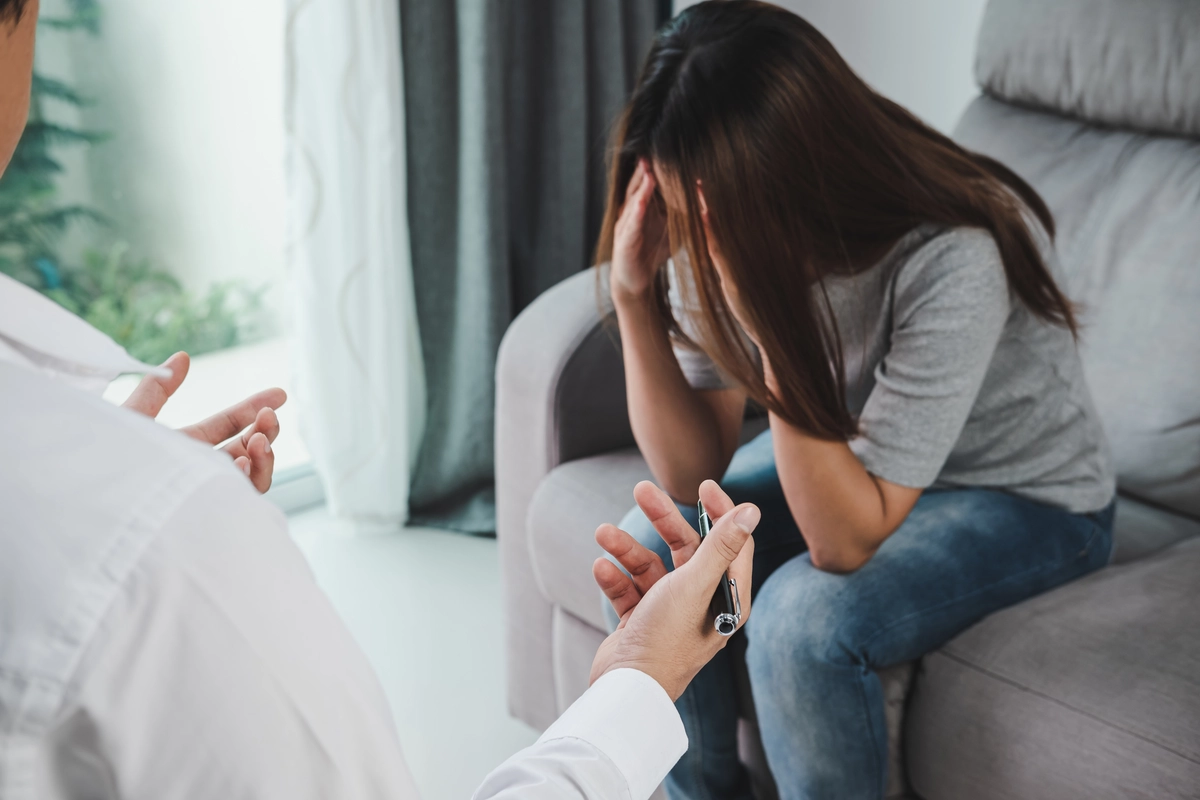24/7 Helpline:
(866) 899-111424/7 Helpline:
(866) 899-1114
Learn more about Bipolar Disorder Treatment centers in Benton
Bipolar Disorder Treatment in Other Cities

New Vision Counseling
New Vision Counseling, located in Sikeston, Missouri, offers behavioral health care and mental healt...

Gibson Recovery Center
Gibson Recovery Center is a non-profit rehab located in Sikeston, Missouri. Gibson Recovery Center s...

Awakenings
Awakenings is a private rehab located in Kelso, Washington. Awakenings specializes in the treatment ...


































Bootheel Counseling Services
Bootheel Counseling Services offers outpatient counseling services for individuals or families strug...

Fair Havens Recovery Center
Fair Havens Recovery Center is a private rehab located in Sikeston, Missouri. Fair Havens Recovery C...

Kelso Treatment Solutions
Kelso Treatment Solutions is a private rehab located in Kelso, Washington. Kelso Treatment Solutions...








































Other Insurance Options

EmblemHealth

UnitedHealth Group
Beacon

WellPoint

Magellan Health

Meritain

Coventry Health Care

Aetna

BHS | Behavioral Health Systems

Group Health Incorporated

Holman Group

UMR

BlueShield

Regence

Health Net

WellCare Health Plans

Molina Healthcare

Medical Mutual of Ohio

Cigna

Access to Recovery (ATR) Voucher